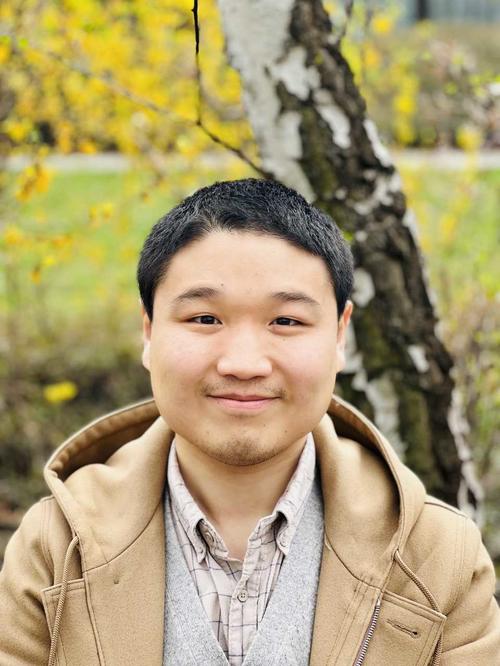Weicheng Huang
Weicheng Huang holds a Master’s degree in political science from the Freie Universität Berlin and a Bachelor’s degree in European Studies from the Hong Kong Baptist University. Before joining the Graduate School of Global Intellectual History, Weicheng has worked in civic education (German politische Bildung) with teenagers and young adults. He is particularly interested in the history of Nazism, the history of Shoah and modern antisemitism, as well as contemporary far right and fascist forces in culture and politics. In his dissertation project, which focuses on a sinological subject matter, Weicheng strives to combine local and transnational perspectives to approach a transformative founding period in the intellectual history of his home country.
Historicizing “Chinese” – Biohistorical Thinking in Modern Chinese Human Sciences, 1900–1949
The project of Weicheng seeks to address the so far under-discussed role of racial thinking in early 20th century China in the transnationally organized and resource demanding activities of scientific research. It focuses on modern Chinese human sciences, including historiography, (paleo-)anthropology, archaeology, and ethnology, and hypothesizes on “race” as a bio-historical construct that served as the pivotal concept of a wholesome intellectual undertaking shared by these disciplines. Being able to combine geological and (pre-)historical time scales with the present and to fit political and societal demands of population categorization, biohistorical narratives of “race” could have been both a tempting instrument of chauvinistic nationalism – a well-received historical insight – as well as a powerful driving concept behind human scientific research projects. It is this later function of racial thinking, namely, to be the mean of Chinese intellectuals to attain epistemic authority in the global networks of human sciences, that will be examined in this project. From the paleontological and archaeological expeditions in China under French, Swedish and American leadership in the 1920s, toward the ambitious research program of the 1928 founded Institute of History and Philology at Academia Sinica, and lastly the severe ruptures of a flourishing period of Chinese human sciences in WWII and Chinese Civil War, Chinese scientific racial thinking has constantly been shaped by the access to critical resources, political upheavals, the agencies of local and foreign scientific communities, their competition and cooperation. Taking these different dimensions into account, the project aims to recover non-“Western” historical experiences of racial thinking and to contribute to a more nuanced understanding of its presence in our days.

